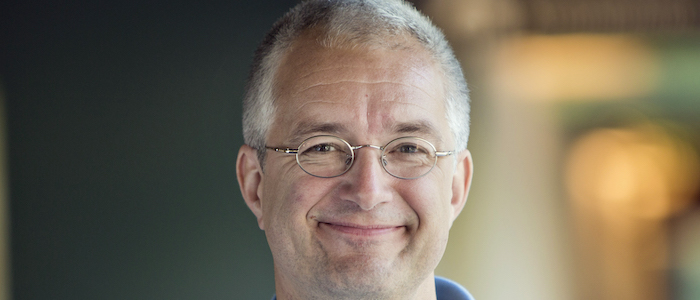Ralf Metzler

Theoretical Physics
Institute of Physics & Astronomy
University of Potsdam
Karl-Liebknecht-Str 24/25, Haus 28
D-14476 Potsdam-Golm
Ralf Metzler
... studied physics at the University of Ulm (1989-1994) where he also obtained his PhD degree on anomalous dynamical phenomena with Theo
Nonnenmacher. From 1998 to 2000 Ralf was a postdoc at Tel Aviv University, working with Yossi Klafter, and from 2000 to 2002 he was at MIT with Mehran Kardar. In 2002 Ralf was appointed as assistant professor (non tenure-track) at NORDITA (Nordic Institute for Theoretical Physics) in Copenhagen. In 2006 he became associate professor and Canada Research Chair in Biological Physics at the University of Ottawa. From 2007 Ralf was professor at Technical University of Munich, and since 2011 he is full professor for Theoretical Physics at the University of Potsdam. During 2010-2015 Ralf was also Finland Distinguished Professor (Academy of Finland) at Tampere University of Technology. From 2019-2022 Ralf was Alexander von Humboldt Honorary Research Scholar at Wroclaw University of Science and Technology, and he currently is APCTP distinguished fellow at the Asia Pacific Center for Theoretical Physics, Pohang, Korea.
since 2011 Chair professor for Theoretical Physics, University of Potsdam
2007-2011 Professor for Complex Bio-Materials, Technical University of
Munich
2006-2007 Associate professor and Canada Research Chair in Biological
Physics, University of Ottawa
2002-2006 Assistant professor, NORDITA, Copenhagen
2000-2002 Emmy Noether postdoctoral fellow, Massachusetts Institute of
Technology, Cambridge MA
1998-2000 Feodor von Lynen and Amos de Shalit postdoctoral fellow,
Tel Aviv University
Research synopsis
The Metzler group mainly focuses on the modelling of diffusive transport in complex environments. These range from multi-scale molecular reaction time distributions relevant for biochemical signalling in cells and cellular colonies, to passive and active stochastic motion in heterogeneous systems such as cells or membranes, and up to large-scale systems such as groundwater aquifers or animal motion. General themes are anomalous diffusion based on different physical mechanisms, non-Gaussianity, and trajectory-to-trajectory fluctuations. Technically, we use probabilistic
approaches and simulations. We also actively collaborate with a number of experimental single-particle tracking groups. To analyse data we are developing classical statistical observables as well as Bayesian and deep learning techniques. On top of these research lines we also study passive and active soft matter systems with respect to crowding effects and heterogeneity of the environment.
This research is part of Project 15 of the SPP 2332 PoP.






